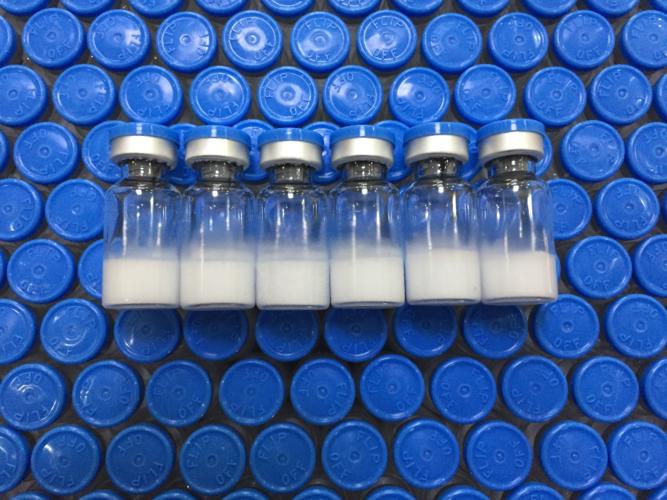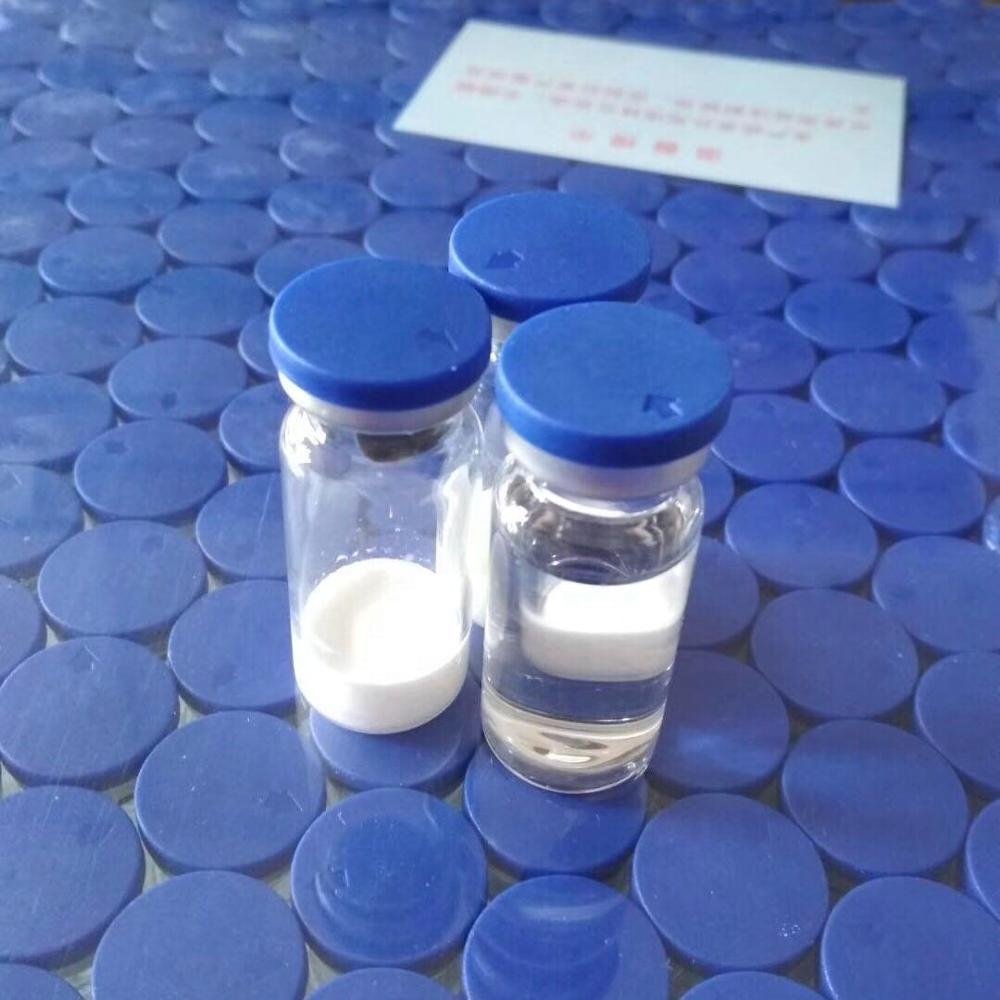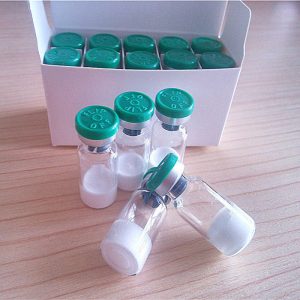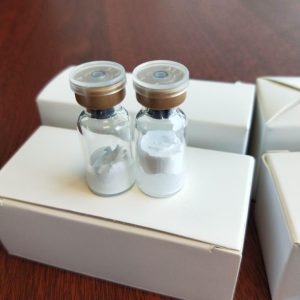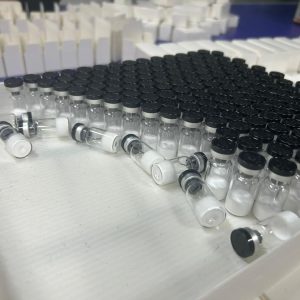Long arginine 3-IGF-1, abbreviated as IGF-1 LR3 or LR3-IGF-1, is a synthetic protein and lengthened analogue of human insulin-like growth factor 1 (IGF-1). IGF-1 LR3 binds to cell receptors in the muscle cells and activates cell communication, which then improves the growth rate of muscles.It obstructs the movement of glucose into the body’s cells. This facilitates fat burning and the use of fat in the body for the production of energy. I-1 L has a life in the body for about 20-30 hours and therefore enhance the growth amount of muscle for a whole day.
IGF-1 LR3 Benefits
IGF-1 is released in the liver and binds to intracellular IGF receptors, ultimately leading to stimulation of cell growth (both causing new tissue formation and growth of existing tissue) and inhibition of cell death. It is a highly anabolic and anti-catabolic compound. For bodybuilders, this has many positive effects: increased nitrogen retention and protein synthesis, as it possesses a highly anabolic effect.
IGF-1 (in the presence of sufficient protein) promotes the growth of new muscle cells, which increases the total number of cells in the muscle.IGF also has a protective effect on neurons in the brain and promotes the growth of new motor neurons, allowing them to learn new skills faster during use.
IGF-1 is also responsible for connective tissue production, improving collagen formation and contributing to cartilage repair. Similarly, it affects the skeleton by aiding in bone production and repair.
IGF-1 LR3 Dosage
IGF-1 LR3 can be used continuously 7 days a week at a dose of 50-150 mcg per day. desensitization occurs at about 40 days or about 4 weeks. The injection site can be in any muscle group in the body as it does not require forced spot injections.
IGF-1 LR3 Side Effects
High doses of IGF-1 can cause hypoglycemia, but not nearly as much as the effect of insulin on blood sugar. It has also been noted and highly debated that IGF-1 has been shown to increase tumor size in cancer patients, but IGF-1 is not the cause of cancer; in fact, our bodies need IGF-1 to regulate heart function, nervous system and brain cell stimulation. People with low IGF-1 levels are often protein deficient and underweight as well as thin, which is unhealthy.
More Introduction:https://en.wikipedia.org/wiki/IGF-1_LR3
